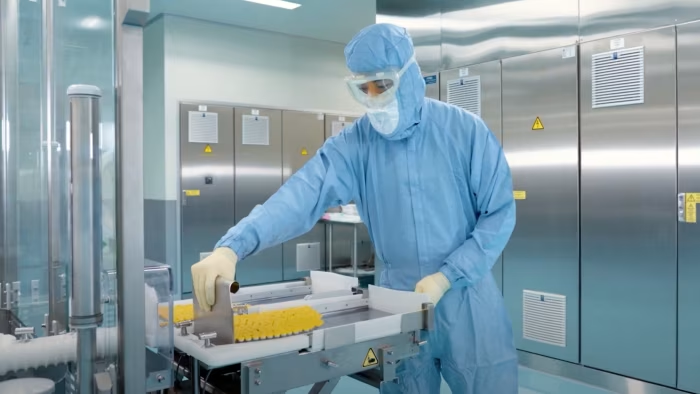
Stay informed with free updates
Simply sign up to the Private equity myFT Digest — delivered directly to your inbox.
KKR is heading the introduction of an employee ownership initiative in Japan as private equity faces pressure to soften its image amid a wave of dealmaking in the country.
Japan will be the first international outpost of Ownership Works, a private equity-backed initiative founded in the US in 2022 to give blue-collar employees equity in the companies where they work.
The initiative’s aim is to deliver $20bn of equity to workers globally by 2030. Ownership Works, which has more than 100 partner companies including Apollo Global Management, TPG and Silver Lake, has so far generated $1bn in payouts.
Pete Stavros, KKR’s co-head of private equity and the founder of Ownership Works, said Japan was well placed to benefit from the programme, noting that many employees felt little sense of ownership in their companies despite often remaining there for their working life.
“Japan’s got an insanely low quit rate but an employee engagement score that’s far worse than America,” he said. “It ranks 137th out of 141 countries on employee engagement.”
Only 7 per cent of employees report being engaged at work, placing Japan near the bottom globally, according to a Gallup report this year.
Senior government officials and regulators are scheduled to attend the initiative’s launch on Monday in a sign of how Japan’s view of private equity has shifted. When the first western firms entered the country roughly two decades ago, much of the press labelled them “vultures”.
“There’s a lot of interest in this on the part of the government, as there’s a big priority to get more appreciating assets in the hands of households in Japan,” said Stavros, referring to a government drive to encourage retail stock investment.
The programme’s launch comes as private equity’s presence in Japan, with investments in thousands of listed companies, puts pressure on the sector to soften its image. The Japan affiliate is being backed by a range of investors, including Warburg Pincus and Japan Industrial Partners, as well as banks including Mizuho and SMBC.
Advisers and others inside KKR said the programme would give comfort to Japan’s government that wealth generated from private equity deals would spread to workers. It could also help participating firms during competitive bids.
Stavros denied that Ownership Works had ulterior motives. “There was no grand political assessment of ‘if we do this, this will really put us in a favourable light’,” he said.
Critics have also suggested that the programme’s payouts to workers —usually when portfolio companies are sold — look more like a one-time cash bonus than real ownership. Ownership Works and KKR said they encourage new owners to continue the practice.
KKR said more than 75 of its portfolio companies had awarded billions of dollars in equity to more than 180,000 non-senior management employees.
Stavros said returns had been meaningfully better for about a dozen such companies that KKR had seen through a full investment cycle, typically around five years, and exited. Returns were around three and a half times compared with a firm average of two and a half.
KKR has done two employee ownership deals in Japan, with Bushu Pharma last year and enterprise software developer Yayoi this year.




